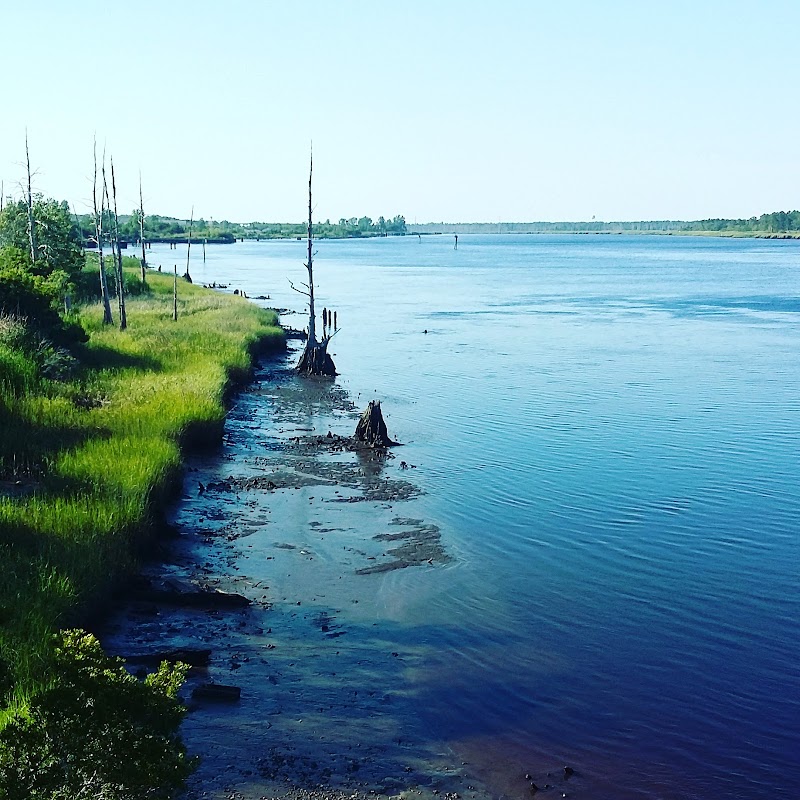
Bladen Nature Reserve Adventures
Bladen Nature Reserve is North Carolina's largest state-managed nature reserve, offering pristine undisturbed ecosystems rich in biodiversity, making it a key destination for researchers and outdoor enthusiasts seeking solitude and natural beauty.
About Bladen Nature Reserve

Bladen Nature Reserve encompasses approximately 27,000 acres of diverse habitats including bottomland hardwood forests, pocosins, swamps, and pine savannas in southeastern North Carolina. Located primarily in Bladen County, the reserve features some of the state’s most ecologically intact landscapes, with few roads or trails passing through the area, ensuring minimal human disturbance. The reserve was established and is managed by The Nature Conservancy to protect significant natural communities and endangered species. It protects important waterways including parts of the Lumber River, which is a designated Wild and Scenic River. Bladen supports a variety of rare and threatened species such as the Red-cockaded Woodpecker, Swainson’s warbler, and the venust glade fern, as well as white-tailed deer and black bear populations. Recreational access is limited, encouraging low-impact activities such as wildlife viewing, birding, and primitive hiking. Due to its remote and sensitive nature, the reserve appeals mainly to scientific research and experienced backcountry visitors. The area also provides critical habitat for fish and reptile species in its extensive wetland systems. Due to restricted access, visitors are advised to plan carefully and obtain permits for entry. Nearby towns serve as gateways for supplies and access points. Bladen Nature Reserve remains a crucial refuge for biodiversity conservation in the southeastern U.S., combining natural preservation with opportunities for quiet exploration and educational study.
Highlights
Extensive bottomland hardwood and swamp forests, some of the largest in North Carolina
Lumber River Wild and Scenic River reach flowing through the reserve
Habitat for endangered species including the Red-cockaded Woodpecker and rare fern species
Remote, undeveloped areas providing pristine conditions for research and quiet nature immersion
Notable Natural Features
Lumber River Wild and Scenic River
A federally designated river segment flowing through the reserve, featuring slow-moving blackwater habitat with cypress swamps and diverse aquatic species.
Bottomland Hardwood Forests
One of the largest tracts of relatively undisturbed hardwood wetland forests in the southeast, supporting a wide variety of plant and animal life.
Rare Plant Communities
Hosts uncommon and threatened plant species, including the venust glade fern and other unique wetland flora.
